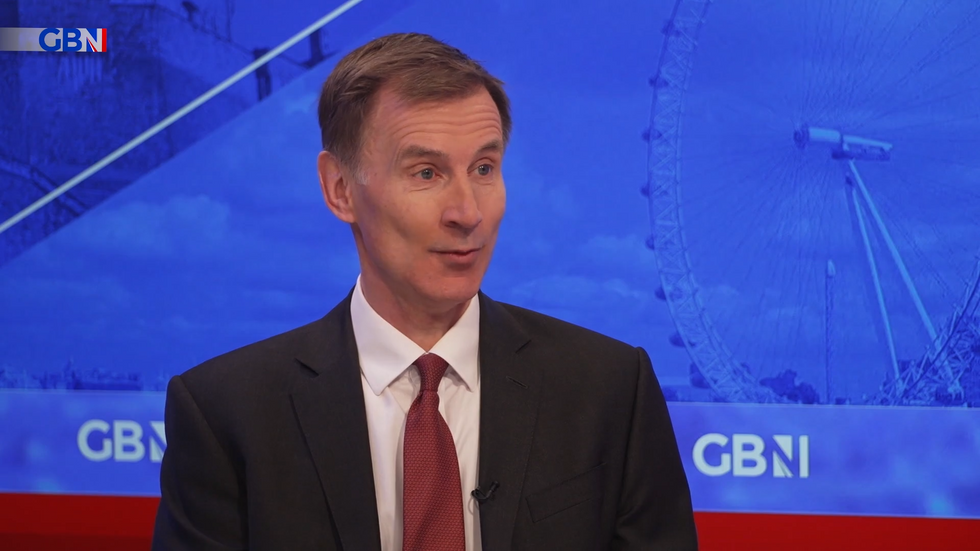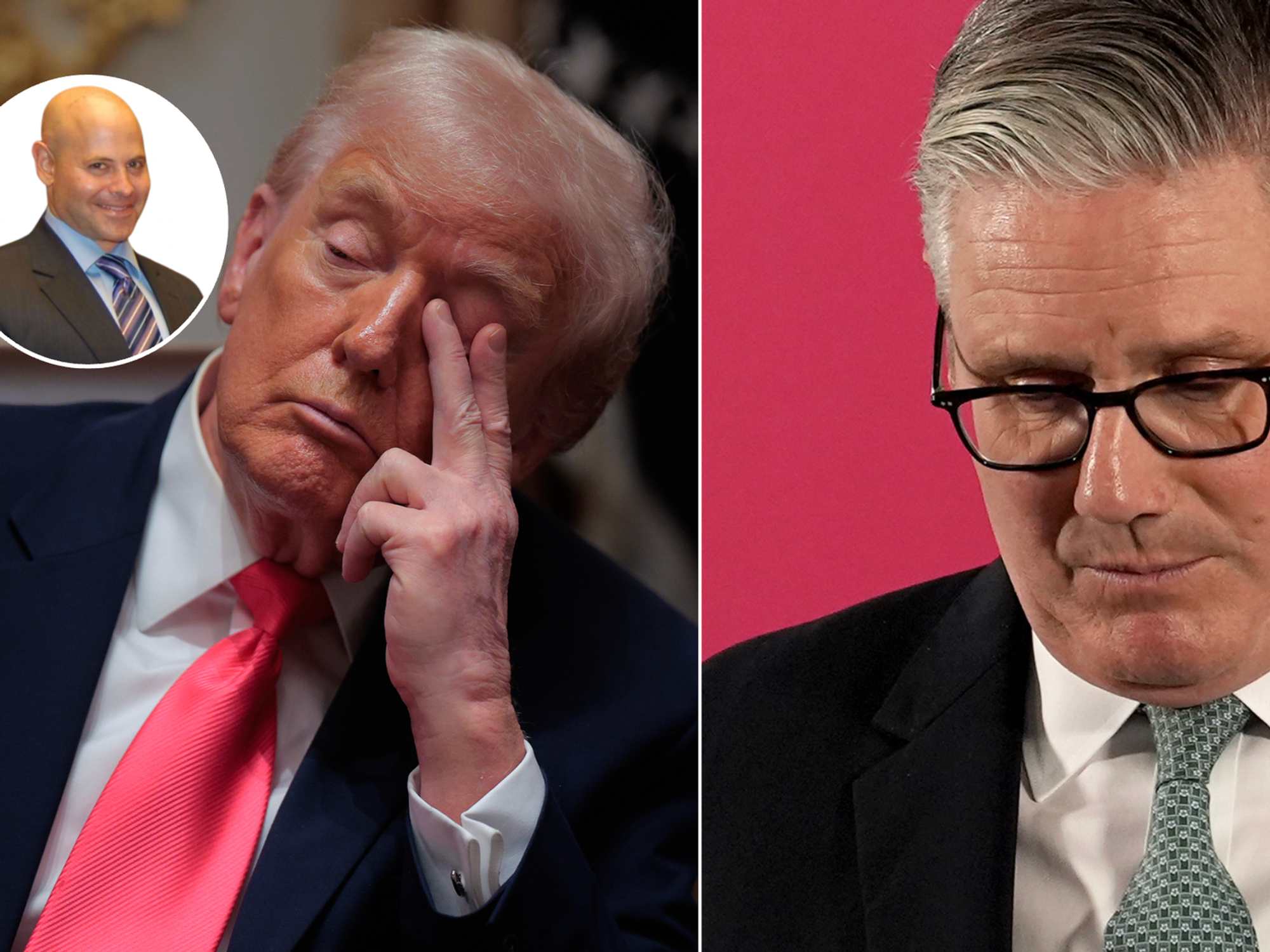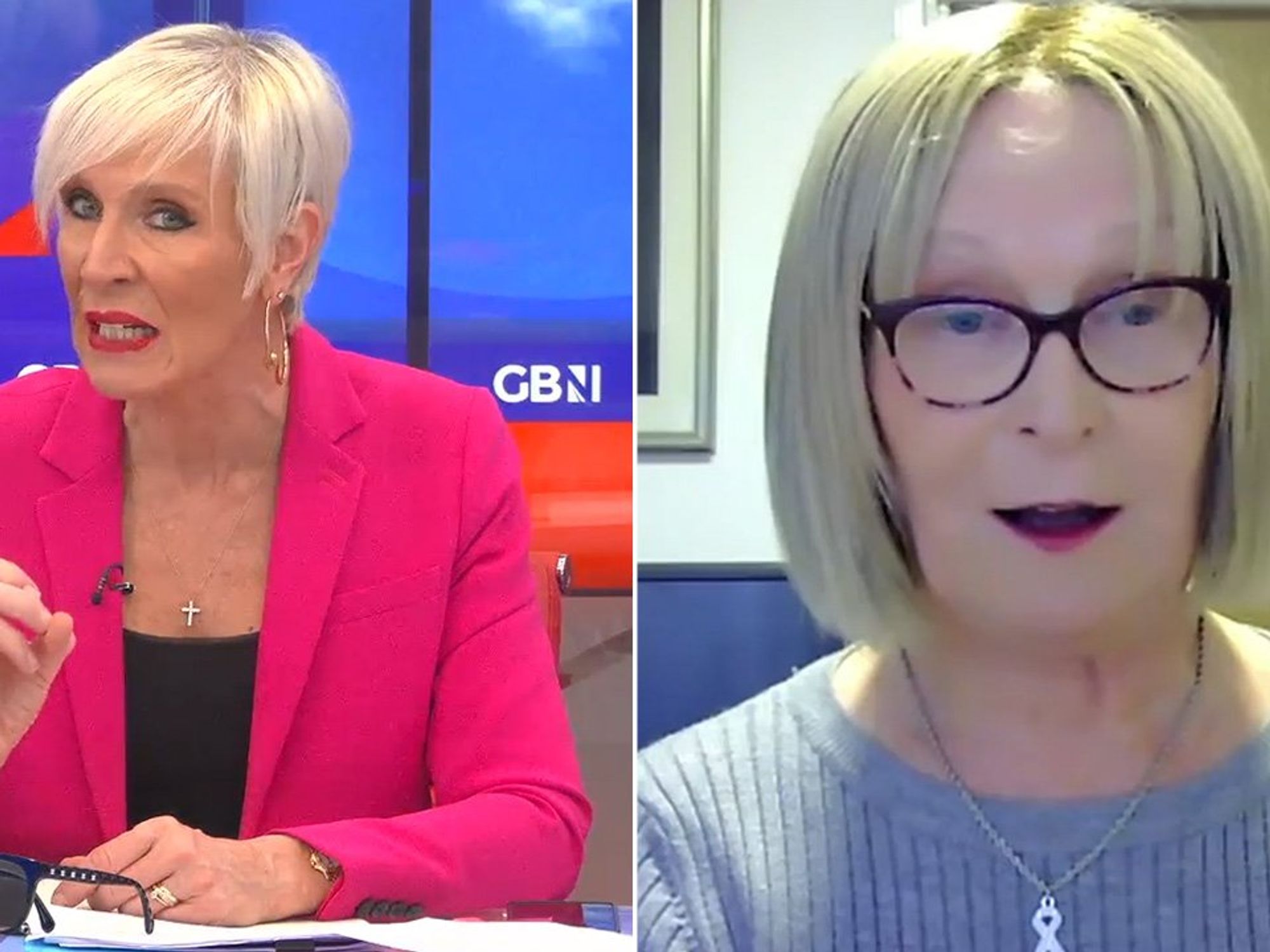Labour's pension shake-up could see UK markets in financial turmoil

The current situation bears similarities to past financial collapses, raising concerns about a possible bond market meltdown
Don't Miss
Most Read
Labour's potential pension shake-up could lead to financial turmoil in UK markets, recent reports have warned.
The plan to invest pension savings in riskier, less liquid assets poses a growing threat to the country's financial stability.
Issuing a stark warning about the UK's plans to channel more pension savings into riskier investments, the International Monetary Fund (IMF) cautioned there is a risk of market turmoil if nervous savers suddenly withdraw their pension investments at once.
This could potentially trigger a dangerous chain reaction, reminiscent of past financial collapses.

Rachel Reeves has spoken about consolidating the UK's numerous pension schemes into larger pools
| PAThe IMF cautioned that this strategy could result in a dangerous mismatch between illiquid investments and investors' ability to quickly withdraw funds.
Chancellor Rachel Reeves has spoken about consolidating the UK's numerous pension schemes into larger pools with the aim of creating entities with greater scale and financial power to invest in high-growth, less liquid assets.
Former Chancellor Jeremy Hunt also proposed plans to help pension funds invest in high-growth companies, claiming that funnelling a small share of savers' cash into these schemes would "deliver for savers and grow the economy".
However, the IMF cited Hunt's plans as an example of initiatives that "encourage further allocation to illiquid investments".
According to the Fund, savers who panic and dump pension investments could overwhelm the rapidly growing industry raising the risk of a collapse similar to that of Neil Woodford's investment fund.
His flagship fund built huge positions in hard-to-trade shares that saw prices collapse when investors demanded their money back en masse.
The IMF said: "Selected large private defined-contribution pension and superannuation funds have increased the amount of their assets allocated to illiquid private equity and credit in recent years, and several countries have recently introduced initiatives to encourage further allocation to illiquid investments.
"As clients holding these products bear any profits and losses of the underlying investments, providers of defined-contribution plans typically offer clients frequent opportunities to enter or exit investment options.
"This flexibility may exacerbate liquidity mismatches between the underlying assets – especially illiquid assets, such as private equity and credit.
"This liquidity mismatch could affect members’ outcomes in a liquidity stress event."
Liquidity mismatch occurs when pension funds invest in assets that are difficult to sell quickly while allowing investors to withdraw their money on short notice.
The IMF noted that many workplace pension schemes worldwide permit investors to switch between different investment options rapidly. In Australia, this can be done with just a few days' notice.
While such flexibility is less common in the UK, the IMF warns that it could still pose risks.
If a large number of investors suddenly decide to switch or withdraw their funds, it could overwhelm the system.
LATEST DEVELOPMENTS:

Former Chancellor Jeremy Hunt has also proposed plans to help pension funds invest in high-growth companies.
| GB NEWSThe IMF warned that such a scenario could quickly spiral into a bond market meltdown which in turn, could drag down stock prices and set off a dangerous chain reaction throughout the financial system.
If investors rush to withdraw funds, pension schemes may struggle to sell these assets quickly enough to meet redemption demands.










